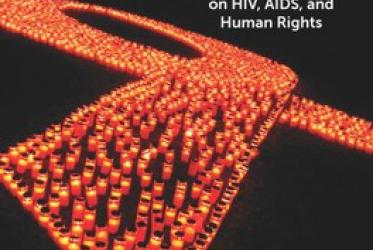Displaying 41 - 60 of 71
G7 must address famine
22 May 2017
Le G7 doit lutter contre la famine
22 May 2017
UN discussion focuses on women, HIV and property rights
21 March 2017
WCC book featured in UN discussion on gender, religions and health
16 September 2016
World Social Forum sows seed of hope in global north
17 August 2016
Weltsozialforum sät Saat der Hoffnung im globalen Norden
17 August 2016
United Nations High Level Meeting on AIDS
06 May 2016








